Problems in Testing Accessibility Heighten Panic
April 1, 2020
As the coronavirus pandemic accelerates in the United States, the difficulty of getting tested for the virus is becoming exceedingly apparent. The world as we knew it merely three weeks ago has dramatically changed, as the stock market struggles through a period of unprecedented volatility and Americans learn the newfound importance of social distancing. On top of these uncertainties, the lack of widespread availability of testing for the virus is compounding the sense of emergency.
With states issuing shelter-in-place orders and national calls for self-quarantine, millions of Americans are wondering what to do if they fall ill. The coronavirus test has been rolled out slowly, to our nation’s detriment. In a country of nearly 330 million people, only about 830,000 Americans have received the test as of Sunday, March 29. This is not only a disgrace but epitomizes that this situation is not under control.
The CDC website states, “not everyone (who feels sick) needs to be tested for COVID-19.” The CDC recommends that due to a shortage of tests, those hospitalized or showing severe symptoms should be prioritized. While this is logical, given the circumstances, it is unacceptable. Everyone who is experiencing symptoms and would like to get tested should be able to do so. Testing as many patients as possible and ensuring the isolation of those who test positive is our best chance to truly flatten the curve. Without extensive testing, our numbers are inaccurate and our strategy ineffective.
South Korea, for example, has already succeeded in slowing the spread. The virus peaked in the country on February 29, but by the following week, the number of new cases was decreasing. Only South Korea and China have flattened the curve of new infections so far. Still, South Korea’s example is exceptionally notable because it did so without draconian restrictions like China or inciting economic disasters like America. The lessons from South Korea’s handling of the coronavirus are clear: quick action and widespread testing are necessary to combat the “invisible enemy.”
In January, when the first cases of the virus appeared in South Korea, the government worked with medical companies to ensure the mass production of testing kits. The country now produces 100,000 testing kits per day and has conducted more than 40 times the number of tests, per capita, than the U.S. The United States should be embarrassed and mortified by these statistics. While President Trump was correct in blocking travel from China in January, tests should have been mass-produced during that time, along with critical supplies that are now in shortage. Why is the wealthiest country in the world struggling to locate enough ventilators, masks and tests to face a pandemic?
With the shameful shortage of tests comes inherent inequality. Although everyone who wants a test should be able to get one, that is not the current reality. With this truth, people are questioning why asymptomatic celebrities are acquiring tests and results so quickly while regular Americans with apparent symptoms of the virus are shunned.
Actor Idris Elba tested positive for coronavirus recently and was met with dismay when he announced he had gotten tested without showing symptoms. Similarly, the Brooklyn Nets were chastised for testing their entire roster, capitalizing on resources that could have been of value to the public. While the Nets did yield four positive results, it was unnecessary and wasteful for the team to test their entire roster. Instead, given the current shortage of tests, they should have required all players and staff to enter self-isolation unless they had shown symptoms.
Although tests should be available to all, they are currently not, and the rich and powerful should not be exploiting their status to hoard these scant resources. Rapper Cardi B recently took to Instagram to express her disapproval of celebrities having unfair advantages to testing. She highlighted how the wealthy could quarantine in their mansions, while many of those who need testing and healthcare resources are denied tests and often continue going to work and unknowingly spreading the virus.
One example of the mismanagement of the testing procedures is the case of Jack Allard, a 25-year-old New Jersey man, with no preexisting health conditions, who is currently in critical condition due to COVID-19. Allard was airlifted from a hospital in Edison, New Jersey to Philadelphia, and is now on a ventilator in a medically induced coma, awaiting an experimental drug. He received a coronavirus test on March 17, but the lab lost the results and created more confusion in his case. He had to be retested nearly a week later, but by that time he was already hospitalized.
Not only is it challenging to obtain a test in the face of shortages and inequality, but once tested, the lab can lose the results. As a nation, we should be outraged at Jack’s story. The 25-year-old’s critical condition should emphasize how dreadful the testing situation is.
We need a stricter strategy in fighting coronavirus. So far, the curve shows no signs of flattening, and lives (young and old) will continue to be lost to a disease that we were not prepared to fight. If we are at war with this virus, then why are we not acting like it? The Defense Production Act must be fully invoked to accelerate the production of ventilators, masks and tests. Right now, we should be horrified by our country and states’ failures. Testing should have been an essential part of the strategy from day one.
The coronavirus has shone a light on our leaders’ unpreparedness for catastrophe. The coronavirus pandemic will mark a turning point in American history with a clearly defined before and after. Hopefully, we will learn from our woefully ill-preparedness for this pandemic and implement comprehensive measures to prevent a disaster of this scale from recurring. For now, as a nation, let’s continue to self-isolate, increase testing capacities and produce as many necessary supplies as possible.
Christopher Kerrane, GSB ’22, is a finance major from New Hyde Park, N.Y.

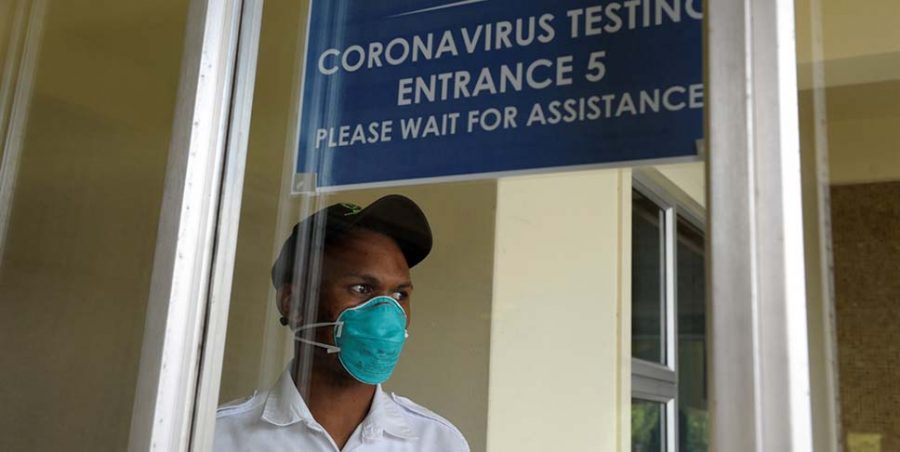
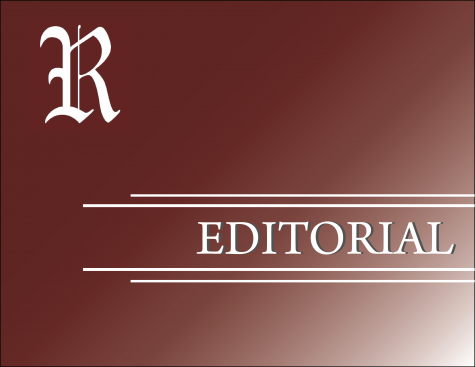

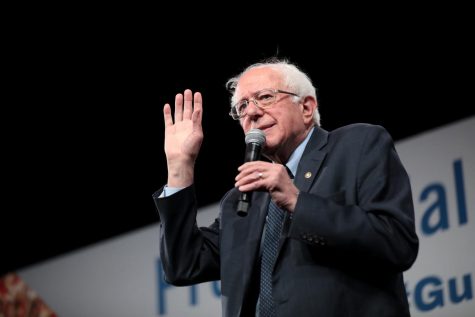
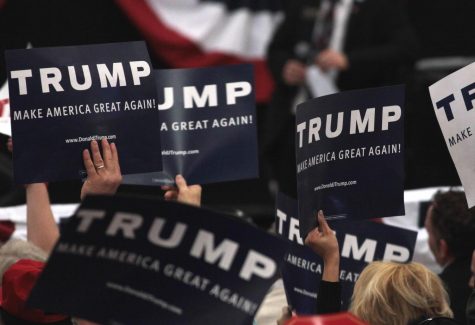

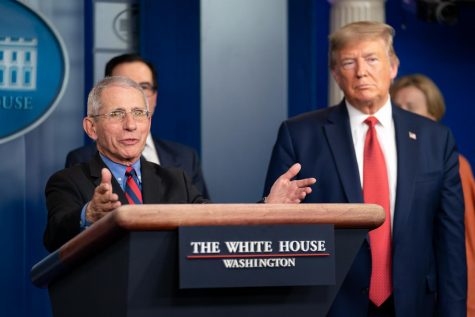

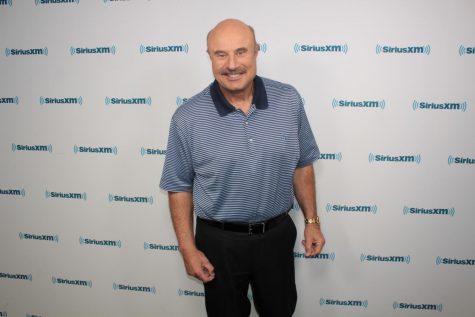
If you want a picture to show with your comment, go get a gravatar.